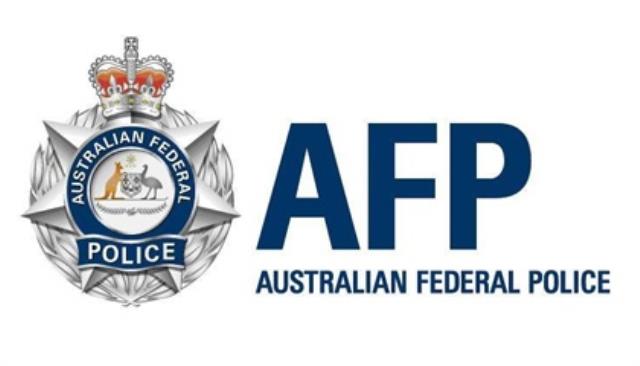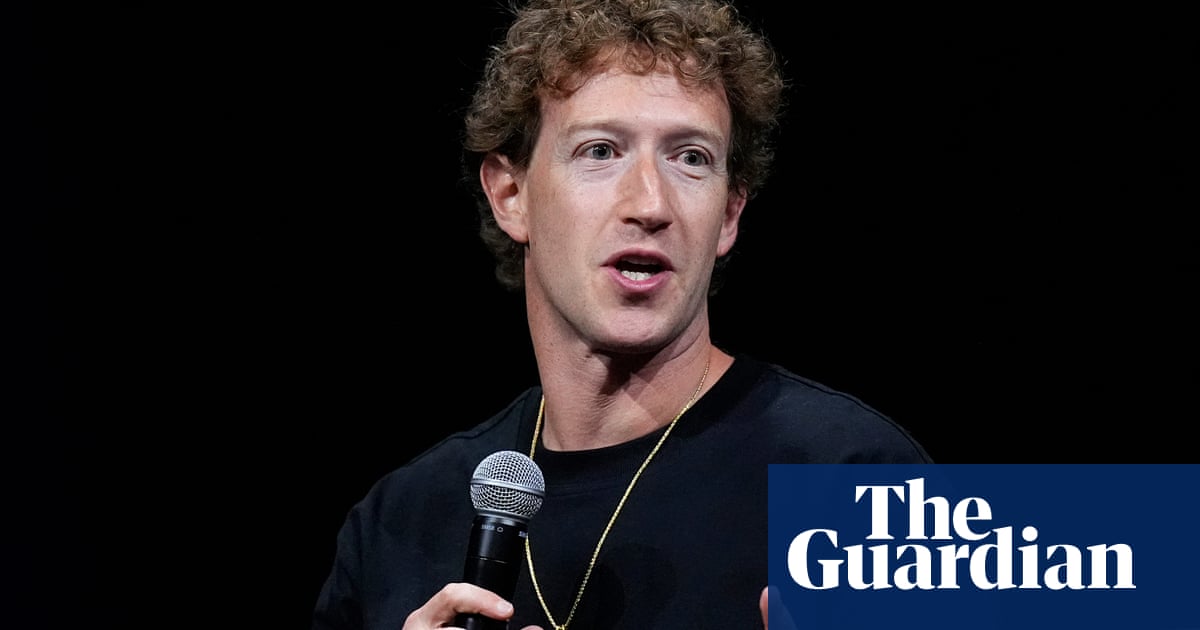TikTok caught in Australian tech charge as Labor unveils Meta fightback

- by Admin
- December 12, 2024

But Jones and Communications Minister Michelle Rowland have committed to funding media business at least the same level as the current voluntary deals, which have been estimated at nearly $1 billion over four years. Meta is believed to have paid media companies a total of $70 million each year before its deal expired this year.
Meta, Google and TikTok will all fall within the scope of the charge, referred to as a News Media Bargaining Incentive, as they earn Australian revenue of more than $250 million. Labor has not yet decided if Apple, which runs Apple News, and Microsoft, which runs LinkedIn, will be captured.
“The Albanese government is committed to a diverse and sustainable news media sector, given this is critical to the health of Australia’s democracy,” Rowland said.
“Large digital platforms have an important role to play in providing access to news for all Australians, and contributing to the sustainability of public interest journalism.”
Seven West Media boss Jeff Howard welcomed what he called a strengthening of the original code, under which the company had commercial deals with both Google and Meta. He said the updates ensure media companies are fairly remunerated for news production.
Loading
“An enhanced News Bargaining Incentive means trusted and reliable news will continue to appear on these platforms, combatting the growing problem of misinformation and disinformation,” Howard said.
The government has opted against using existing Morrison-era laws designed to encourage tech giants to pay for news because they do not apply if a social media platform removes traditional media from its site, which Facebook has done in Canada.
The charge will apply even if platforms refuse to carry news, getting around Meta’s threat.
Cut through the noise of federal politics with news, views and expert analysis. Subscribers can sign up to our weekly Inside Politics newsletter.
The Latest News
-
December 25, 2024‘Stops riots outside the Members Stand’: Aussie skipper backs cult hero for big MCG return
-
December 25, 2024Sam Konstas is the right player at the right time for Australia. Here’s why
-
December 25, 2024Christmas at the ‘G! Aussie stars and family lap up big day
-
December 25, 2024‘They’re the idiots who picked me’: Aussie skipper’s hilarious message to relieve pressure on new opening sensation
-
December 25, 2024Boxing Day NFL on Netflix: What time is Beyonce performing in Australia? | Sporting News Australia





